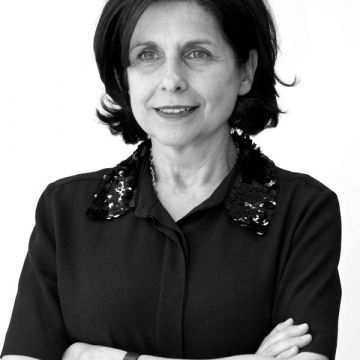Mr. Charles C. used headphones to avoid being bothered by the noise.
Mr. Charles C. used headphones to avoid being bothered by the noise.

Corine Mouton-Dorey focuses her research on patient agency and accountability. Her PhD work on biomedical ethics identified the importance of the patients’voices in medical practice for better care, trust and justice in health. She has a practical experience with patients both as a cardiologist and as a qualitative researcher. She supports the french-speaking part of the DIPEx project and work on the possibilities to enrich DIPEx process and outcomes with digital technology.
With the technical and medical possibilities on intensive care a patient can be able to survive life-threatening illnesses. These experiences of critical illness and intensive care medicine are challenging for patients and families. Often experiences made on intensive care unit (ICU) can be life changing.
In small video- or audio-sequences we would like to illustrate the experiences made by patients on ICU and how they handled their stay in this critical situation.
Many patients share their experiences on intensive care unit and show how these experiences influenced their life.
We are curious about your story!

Corine Mouton-Dorey focuses her research on patient agency and accountability. Her PhD work on biomedical ethics identified the importance of the patients’voices in medical practice for better care, trust and justice in health. She has a practical experience with patients both as a cardiologist and as a qualitative researcher. She supports the french-speaking part of the DIPEx project and work on the possibilities to enrich DIPEx process and outcomes with digital technology.
We use cookies to improve our site and your browsing experience. By continuing to browse the site you are agreeing to the use of cookies. More information about privacy can be found here.
Accept